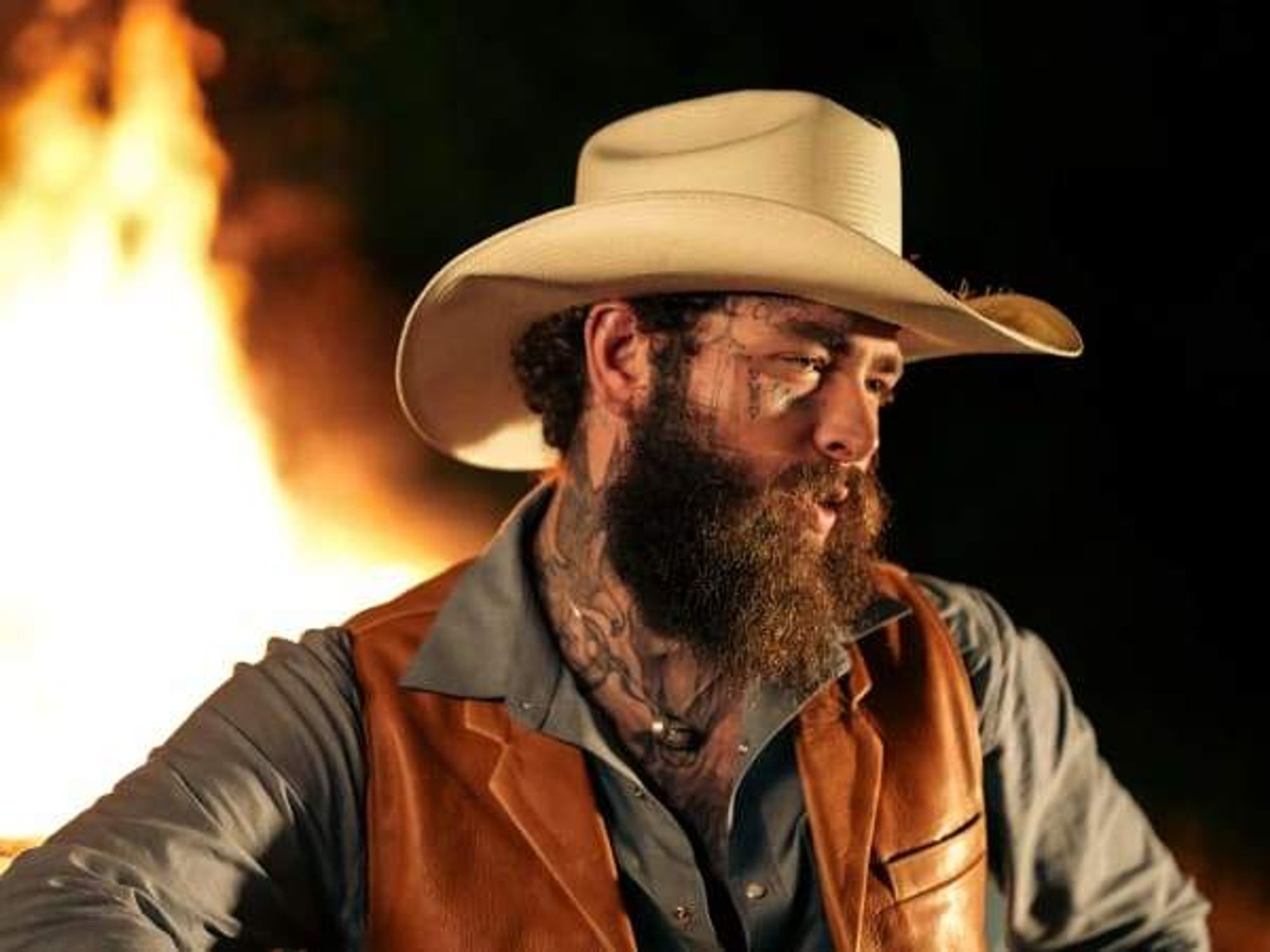In Rob Ryan we trust
To keep the season alive, Cowboys defense must stop Robert Griffin III frommaking big plays
 Thanks largely to the dynamic play of rookie quarterback Robert Griffin III, theRedskins are at the top of the NFC East.
Thanks largely to the dynamic play of rookie quarterback Robert Griffin III, theRedskins are at the top of the NFC East. Many believe that Sunday's matchup against Washington is an opportunity to fixthe perception that Tony Romo is not a big-game quarterback.Dallas Cowboys/Facebook
Many believe that Sunday's matchup against Washington is an opportunity to fixthe perception that Tony Romo is not a big-game quarterback.Dallas Cowboys/Facebook Cowboys linebacker Anthony Spencer (left) hits Eagles quarterback Nick Foles ina game earlier this year. Spencer and the Cowboys defense hope to get thisphysical with Redskins quarterback Robert Griffin III on Sunday.
Cowboys linebacker Anthony Spencer (left) hits Eagles quarterback Nick Foles ina game earlier this year. Spencer and the Cowboys defense hope to get thisphysical with Redskins quarterback Robert Griffin III on Sunday. Despite a litany of injuries, head coach Jason Garrett isn't cutting defensivecoordinator Rob Ryan any slack.Dallas Cowboys/Facebook
Despite a litany of injuries, head coach Jason Garrett isn't cutting defensivecoordinator Rob Ryan any slack.Dallas Cowboys/Facebook
The talk this week has been that Dallas Cowboys quarterback Tony Romo faces a “legacy” game on Sunday against the Washington Redskins. Many believe this game is an opportunity to fix the perception that Romo is not a big-game quarterback.
That may be the case. But no matter how well Romo performs under pressure, the Cowboys won’t win if they can’t stop Redskins quarterback Robert Griffin III from creating big plays of his own.
The Dallas defense already appears as if it’s reached a breaking point, thanks mostly to injuries that will keep a half-dozen starters out of the game. However, head coach Jason Garrett isn’t cutting defensive coordinator Rob Ryan any slack.
No matter how well Tony Romo performs on Sunday, the Cowboys won’t win if they can’t stop Redskins quarterback RGIII.
“We don’t think about that,” Garrett said at a press conference on Wednesday. “We have a complement of players that we play each week, and it’s our job as coaches to give them the best chance to be successful. We don’t talk about injuries.”
But look at the numbers, and you can see that the injuries on defense are taking a toll. The Cowboys have given up at least 400 yards in total offense in four of their last five games, dating back to their week 12 loss to Washington. In three of those games — including one versus Washington — the Cowboys have given up at least 30 points.
RGIII by the numbers
Why is limiting Griffin’s big-play ability so vital? In eight of the Redskins’ wins this season (not counting the week 15 game he missed), Griffin has triggered big scoring plays 30 percent of the time. The NFL defines a big play as a play of 20 yards or more. In the Redskins’ six losses, Griffin has triggered big scoring plays just 21 percent of the time.
Griffin raises his game when it comes to playing the NFC East. In those five meetings, Griffin has triggered eight big scoring plays, or 50 percent of Washington’s touchdowns.
That includes a whopping seven big scoring plays out of 11 touchdowns in his first meetings against the New York Giants, Philadelphia Eagles and the Cowboys. In fact, Griffin maxed out against Dallas, triggering three big scoring plays out of Washington’s five touchdowns.
“[Those big plays] cost us the game,” said Cowboys linebacker Anthony Spencer.
The Cowboys have done a great job of limiting big scoring plays since then, allowing only two touchdowns of 20 yards or more out of 12 total touchdowns allowed in the last four games.
If at first you don’t succeed ...
What also might give hope to the Cowboys is that both the Giants and Eagles were more successful against Griffin the second time around. In those second divisional meetings, Griffin has triggered just one big scoring play out of five touchdowns, or 20 percent. Additionally, all of Griffin’s statistics went down in the second meeting.
So, too, did Washington’s scoring. The Redskins saw their scoring drop from 23 to 17 against the Giants and from 31 to 27 against the Eagles.
Sure, it isn’t much, especially when you consider the Redskins won both of those second meetings. But it’s something. The fewer big scoring plays the Redskins put up, the fewer points they score overall.
Is experience making opposing defenses better against RGIII? It looks that way.
“You have things you can look at in the film from the last game,” said Cowboys defensive tackle Jason Hatcher. “We did a lot of things wrong in that last game, and we have to correct that. It’s a big challenge. We have to play sound football.”
The Cowboys told reporters this week that the Redskins are successful because they can run the ball so effectively. That’s true, and rookie running back Alfred Morris will be as vital to a Redskins victory as RGIII.
But no player on the field Sunday night will be more dynamic than RGIII, and no facet of Dallas’ defensive game play will be as important as slowing down RGIII.
“We were as physical as we could be with him the first time around,” Spencer said. “We’re going to get after him when we can.”
